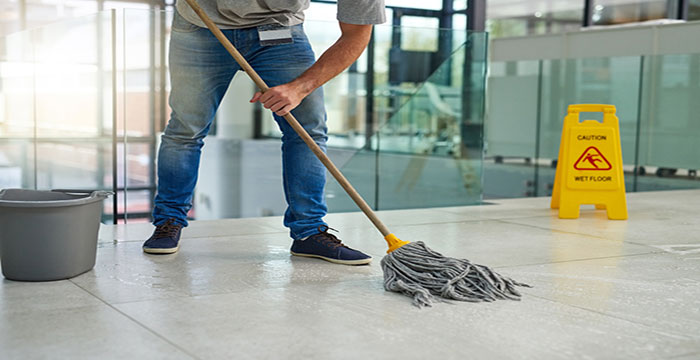
Does Exercise Boost Your Immune System?: The Science Driven Facts You Need to Know
Does Exercise Boost Your Immune System?: The Science Driven Facts You Need to Know
Did you know only one in three American adults get the recommended amount of exercise every week? Exercise offers more than a method to lose weight and stay fit. Regular exercise improves your heart health, relieves stress, and you’ll overall feel better and stronger.
But what about your immune system? Does exercise boost your immune system? Or does it weaken it? How does exercise improve your immune system?
If you want to start exercising to enhance your immunity, continue reading to discover the science and how to improve your immune system.
Can Exercise Boost Your Immune System?
Yes, exercise does boost your immune system. But the process is different than what you would expect. Exercise kickstarts your immunity, and may not provide long-lasting effects in everyone.
There is an immune response when you exercise, and it’s perfectly normal. That’s because exercise is a physiological stressor; no matter if you’re jogging or lifting heavy weights, your body will respond to this stress in many ways.
One of the most beneficial exercise immune responses is the release of white blood cells into your bloodstream. White blood cells are the ones that actively fight viruses, bacteria, and other harmful organisms. During exercise, your body releases more white blood cells, which can more effectively detect and kill pathogens.
So, why doesn’t exercise provide long-lasting benefits for everyone? After you’re finished exercising and are at rest, your body releases fewer white blood cells. The cells that were released migrate to other bodily areas, performing immune surveillance to try and rid your body of other infections.
There’s only one way you can reap the immunity benefits of exercise: you have to exercise frequently.
How often should you exercise? This depends on many factors, such as the workouts you perform. If you perform a moderate cardio activity, such as walking, aim to do this five days a week. If you perform a vigorous aerobic activity (HIIT) or lift weights, aim for three days a week.
Which exercise is best for your immune system? Both cardio and strength training are recommended.
Can Too Much Exercise Hurt Your Immune System?
Yes, there is such a thing as too much of a good thing. While exercise is essential, too much exercise can only weaken our body and cause other issues.
But what effects do excessive exercise have on your immune system? While exercise can boost your immune system, most agree that exercising more than 90 minutes at a time will put too much stress on your body. This makes your body temporarily unable to do its job.
But what if you need to exercise for long periods of time? For example, what if you’re competing for a race or a fitness competition? You can train for long periods of time without impacting your immune system.
The key is to rest. Do a little bit of exercise in the morning and a little bit at night, or exercise throughout the day. If you perform certain exercises such as HIIT, make sure you take longer rests in between movements.
Does Exercise Boost Your Immune System? Yes!
Does exercise boost your immune system? It can, as long as you exercise frequently but nit too excessively. But many people don’t know how to exercise to boost your immune system.
Don’t worry, we can help. We offer weight loss and nutrition plans to ensure you stay fit and lose weight in a healthy way. If you’re in Mill Creek, take a look at our services.





